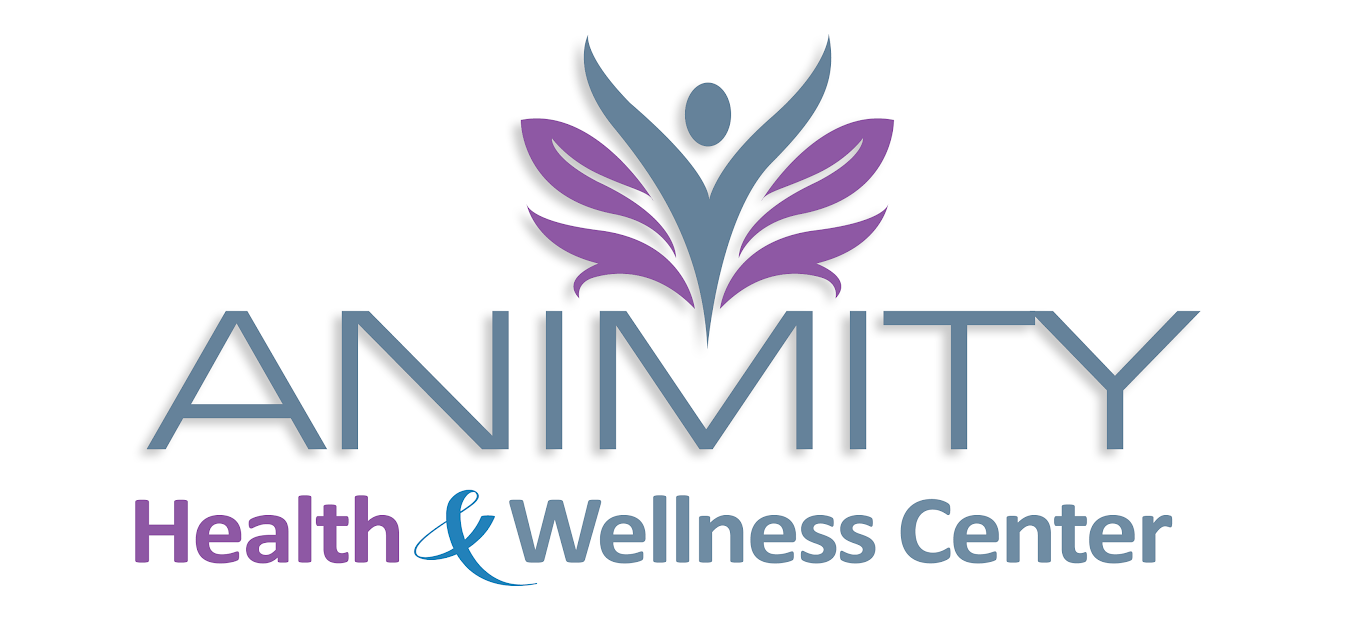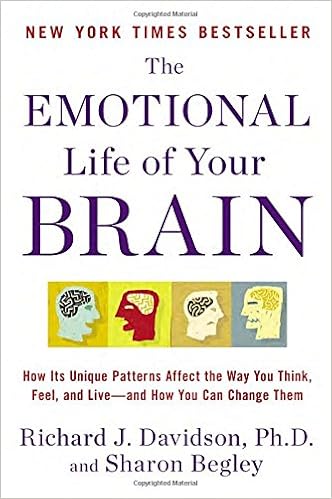The Top 6 Influential Books I’ve Read to Date
By Dr. Victor Schueller | book
Have you ever read a book that had such an impact on you that you were never the same after reading it? I’ve been positively impacted by many books, and so I thought I would share my list of the top 6 influential books I’ve read with you. Below is a list of the books that, to date, have impacted my life the most after having read them. Included with the names of the books are links to the books and my explanation as to why these books were impactful for me.
Here they are, in no particular order:
 Tribal Leadership: Leveraging Natural Groups to Build a Thriving Organization
Tribal Leadership: Leveraging Natural Groups to Build a Thriving Organization
Why it was impactful: This book was instrumental in my understanding of human nature and how we organize ourselves into “tribes” when we work in communities, namely organizational communities. I learned about how people (and organizations) can settle into “stages” that are both identifiable and predictable, and more interestingly and importantly, how to use leverage to move people to a higher level of functioning to have a positive impact on the organization. It was by reading this book I learned the importance of core values and what can happen in a negative way when we don’t identify and embrace them. Whether you are a leader in a business or not, this book can be an eye-opener. Anyone who works in or for any sort of organization, whether it be a for-profit or non-profit, will benefit tremendously from reading this book. If you enjoy research-based publications, this one is for you. The back of the book is loaded with the research that substantiates the observations and conclusions shared throughout the book.
I actually interviewed Dave Logan on my radio show, and if you’d like to hear that interview just click here.
 Autobiography of a Yogi
Autobiography of a Yogi
Why it was impactful: This book introduced me to the work of Paramahansa Yogananda, and through Yogananda, I was introduced to the concept of self-realization. Self-realization has come to mean to me that I need to search within myself to make a difference on the outside of my life. Through the personal pursuit of self-realization, I’ve come to seek a personal relationship with God, and I made meditation something that I don’t just talk about, but actually practice regularly (daily). In the pursuit of self-realization, I’ve reduced my blood pressure, improved my diet, improved my overall health, and have less stress and anger. I’ve come to recognize God’s grace and God’s presence in everyone and everything in the world. This book opened the door to the embedded messages in sacred scripture and has allowed me to read these books with a new perspective and forge a closer relationship with God, as well as enhancing my spiritual and physical health.
 The Biology of Belief: Unleashing the Power of Consciousness, Matter and Miracles
The Biology of Belief: Unleashing the Power of Consciousness, Matter and Miracles
Why it was impactful: Bruce Lipton’s’ breakthrough book shows how our beliefs can switch on and off our genes which can have a positive impact on health. He also shares a very interesting take on how biology bridges into spirituality later on in the book. The reason I enjoyed this book so much was because Bruce has a great way of taking difficult concepts and making them easy to understand and blowing your mind at the same time. For example, he shares how the cell membrane is very similar to a microprocessor and is actually the brain of the cell, not the nucleus like we’ve always been told. If you’re looking for proof that validates how what we think has a tremendous impact on our physical being, look no further than this book. You’ll not only learn a lot about science but about how the human body and mind are intertwined and inseparable.
I also interviewed Bruce Lipton on my radio show, and if you’d like to listen to that interview, click here. Part 2 is found here.
 Nonviolent Communication: A Language of Life: Life-Changing Tools for Healthy Relationships
Nonviolent Communication: A Language of Life: Life-Changing Tools for Healthy Relationships
Why it was impactful: This book has really changed the way I interact with other people and, quite honestly, has served as the foundation for much of my coaching work, my book, and much of what I do in my work as a speaker and presenter. Our interactions with other people start with what we say and how we say what we say to others. This book has shown a new way of communication to me, and it has positively impacted my personal and professional relationships. It has helped reduce stress and angst in my life, and it has helped me move from expectation to understanding and empathy. Marshall Rosenberg has really left us a wonderful gift in this book, as he gets us to understand that concepts like “good and bad,” and “right and wrong” don’t belong in our dialogue. He helps us move from damaging our relationships to saving them through connecting at the heart. And, to be honest, if you’ve ever watched Marshall in a YouTube video, where he uses his jackal and giraffe puppets or puts on his “special” listening device, you can’t help but laugh in amusement and appreciation for his special way of transforming our interpersonal relationships. If you’re ever looking for a comprehensive and thorough way to transform your interactions with other people, this book will give you all you need.
 Holy Bible
Holy Bible
Why it was impactful: When I have struggled for answers, I’ve looked to the Bible for help. The most refreshing thought about my relationship with the Bible is that even though it has been a part of my life for as long as I can remember, I get more out of it now than I ever have. What I have come to understand about the sacred books is that there are different ways that we can read them. We can read the book at face value like we would read any other storybook. If you read the Bible this way you’ll be treated to a story that provides lessons for living along the way. However, if you read the Bible in a “deeper” way you will pull meaning out of the words that are metaphysical and even more spiritual than meets the eye upon the first read. The Bible is chock-full of symbolism in its words and stories. If you’re searching for a deep and personal relationship with God the messages are there, hidden in plain sight. Once I started reading the Bible with a deeper appreciation for the symbolism and hidden messages in it, it became much more intriguing, educational, and spiritually valuable to be as a guide. If you have a hard time making sense out of the Bible, I recommend finding a study Bible, which provides interpretations and meanings of the passages throughout the text.
 Bhagavad-Gita
Bhagavad-Gita
Why it was impactful: If you’re not familiar with the Bhagavad-Gita, it is a Hindu scripture – sort of an equivalent to the Bible. Again, you can read this book from cover to cover like a storybook and be treated to a very compelling story that will provide you with some life lessons. However, this book was not intended to be read just like a storybook. The symbolism and references to a deep relationship with God and the pursuit of self-realization are very much alive in this book. To be honest, because of my Christian background the Bhagavad-Gita was a bit of a confusing read for me at first. If you are taking it on for the first time and want to get as much benefit as you can from it I recommend that you purchase a version of the text which includes an interpretation of the passages. Otherwise, the read will be quick and you’ll wonder where the wisdom can be found on the pages. The link I provided is to a version of the book called “Bhagavad-Gita As It Is,” and it is the most widely used version of the book because of the interpretation that it includes. For first time Gita readers the translation and explanation will be most valuable.
My Honorable Mentions:
 Global Healing: Thinking Outside the Box
Global Healing: Thinking Outside the Box
 177 Mental Toughness Secrets of the World Class: The Thought Processes, Habits, and Philosophies of the Great Ones
177 Mental Toughness Secrets of the World Class: The Thought Processes, Habits, and Philosophies of the Great Ones
 The Emotional Life of Your Brain: How Its Unique Patterns Affect the Way You Think, Feel, and Live–and How You Can Change Them
The Emotional Life of Your Brain: How Its Unique Patterns Affect the Way You Think, Feel, and Live–and How You Can Change Them
 Descartes’ Error: Emotion, Reason, and the Human Brain
Descartes’ Error: Emotion, Reason, and the Human Brain
 The Divine Romance: Collected Talks and Essays on Realizing God in Daily Life – Volume 2
The Divine Romance: Collected Talks and Essays on Realizing God in Daily Life – Volume 2
Do you have some books that you think others would enjoy reading? Feel free to share your top influential books in the comments below. I’d love to see your recommendations!



 The Biology of Belief: Unleashing the Power of Consciousness, Matter and Miracles
The Biology of Belief: Unleashing the Power of Consciousness, Matter and Miracles Nonviolent Communication: A Language of Life: Life-Changing Tools for Healthy Relationships
Nonviolent Communication: A Language of Life: Life-Changing Tools for Healthy Relationships Holy Bible
Holy Bible Bhagavad-Gita
Bhagavad-Gita Global Healing: Thinking Outside the Box
Global Healing: Thinking Outside the Box
 The Emotional Life of Your Brain: How Its Unique Patterns Affect the Way You Think, Feel, and Live–and How You Can Change Them
The Emotional Life of Your Brain: How Its Unique Patterns Affect the Way You Think, Feel, and Live–and How You Can Change Them Descartes’ Error: Emotion, Reason, and the Human Brain
Descartes’ Error: Emotion, Reason, and the Human Brain The Divine Romance: Collected Talks and Essays on Realizing God in Daily Life – Volume 2
The Divine Romance: Collected Talks and Essays on Realizing God in Daily Life – Volume 2